Queen’s secret request for Prince William revealed for the first time
A former high-ranking official has decided to “break the rule” of privacy by revealing for the first time the Queen’s request about her grandson’s future.
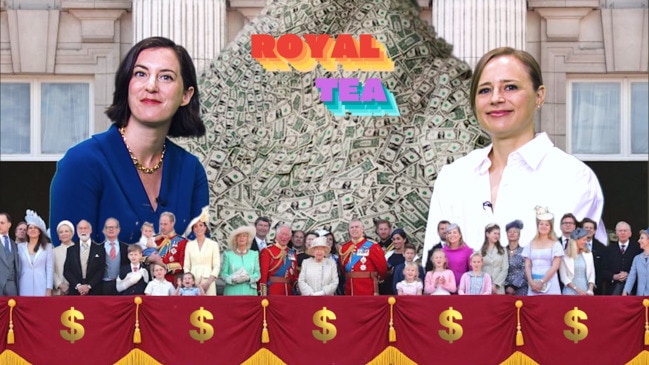
The Queen wanted Prince William and Harry to join the war in Afghanistan, a shock new documentary reveals.
The admission is made by then-army head General Sir Mike Jackson, reports The Sun.
He has broken strict protocol by revealing details of his private audience with the monarch.
“What goes on in those audiences and who says what to whom remains for the two people involved, and I will break the rule about not divulging what goes on this one occasion,” he said.
“She was very clear. She said, ‘My grandsons have taken my shilling, therefore they must do their duty.’ And that was that.
“But it was decided that William as heir to the heir, the risk is too great.
“But for his younger brother, the risk was acceptable.”
Sir Mike’s shocking revelation features in The Real Crown, a five-part ITVX documentary set to air in the UK later this month.
The series reveals it was not a decision the Queen took lightly as understood the carnage that UK armed personnel faced in Afghanistan.
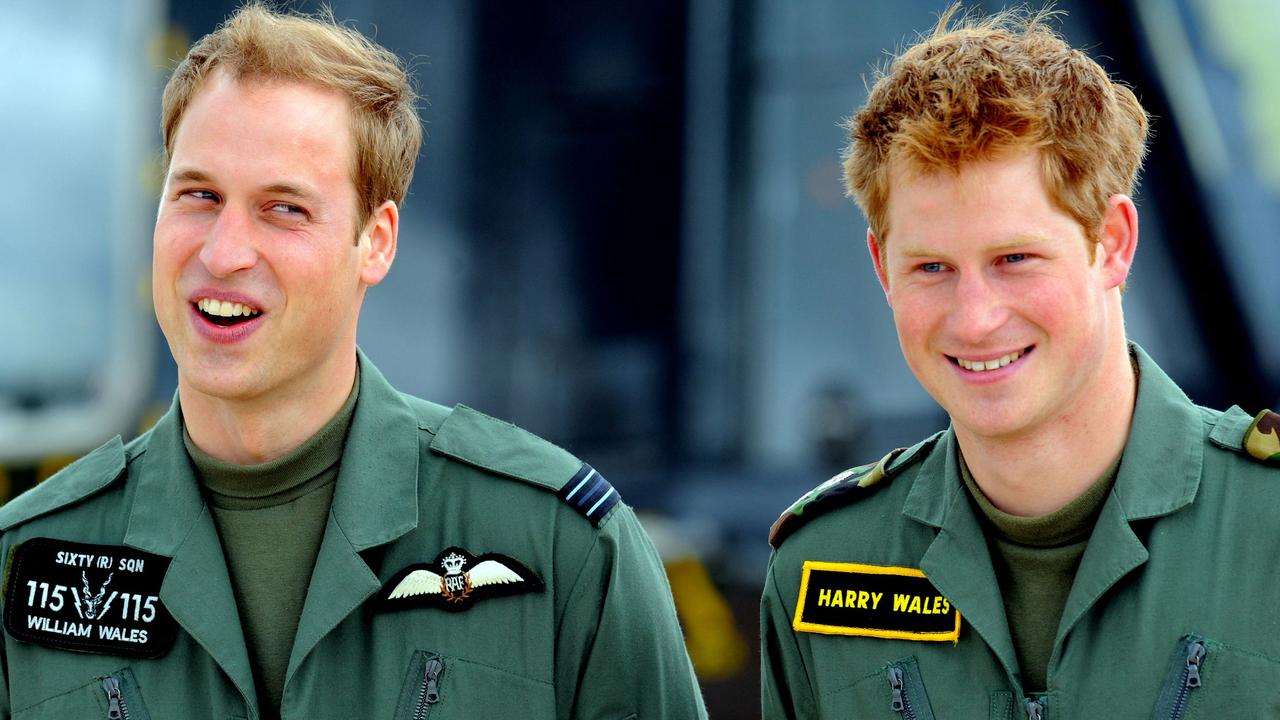
Sir John Scarlett, then head of British intelligence agency MI6, said: “Of course she has complete clearance to everything.
“She has complete access to an exceptional amount of info and insight for longer than anyone else.
“She’s very, very discreet, completely reliable and completely on top of the detail.
“I remember thinking at the time, ‘Wow, Her Majesty knows more about this than we do.’”
William completed a 44-week training course at the Royal Military Academy Sandhurst after graduating from university.
He was commissioned as an army officer in December 2006 and joined the Household Cavalry (Blues and Royals) until 2008.
He was later attached to the Royal Air Force and Navy.
‘William was very keen to go’
During Harry’s 10 years in the army he completed two operational tours of duty in Afghanistan – in 2007-8 and 2012-13.
Despite William wanting to join the war, he was prevented from doing so given his position as a future king.
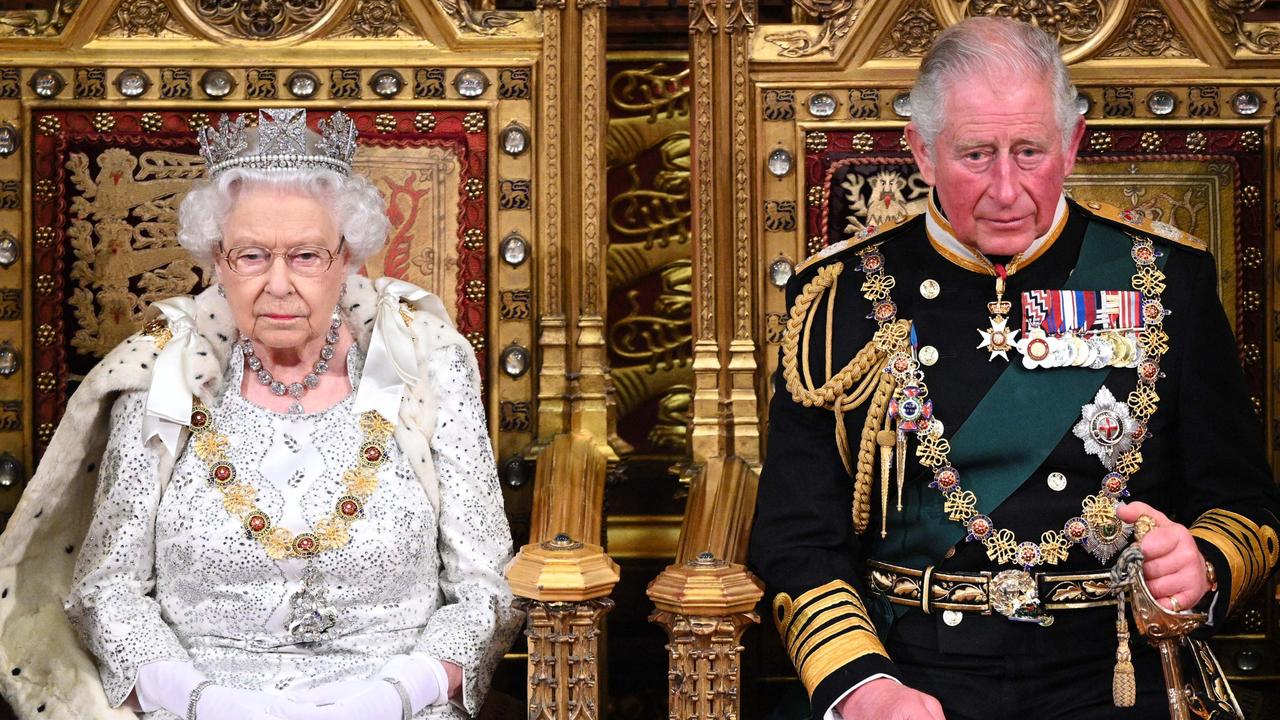
Mark Cann, director of the British Forces Foundation, tells the series: “William was very keen to go. Unequivocally.
“But it was complex, and some very great minds and experienced people took a view on it.
“I think it was really tricky. Anybody who’s in the military who hasn’t actually been on operation feels a sense of disappointment.
“And I think especially that was the one [war] at the time, you’ve got everyone around you at the time who’s been involved in it. So there is a sense of disappointment.”
Prince Andrew’s time in the Falklands
The series also examines storylines that have been included in Netflix drama, The Crown, to reach the truth about the Windsors – including Prince Andrew who flew on multiple helicopter missions during the 1982 Falklands War.
This was something his nephew Prince Harry also did in Afghanistan.
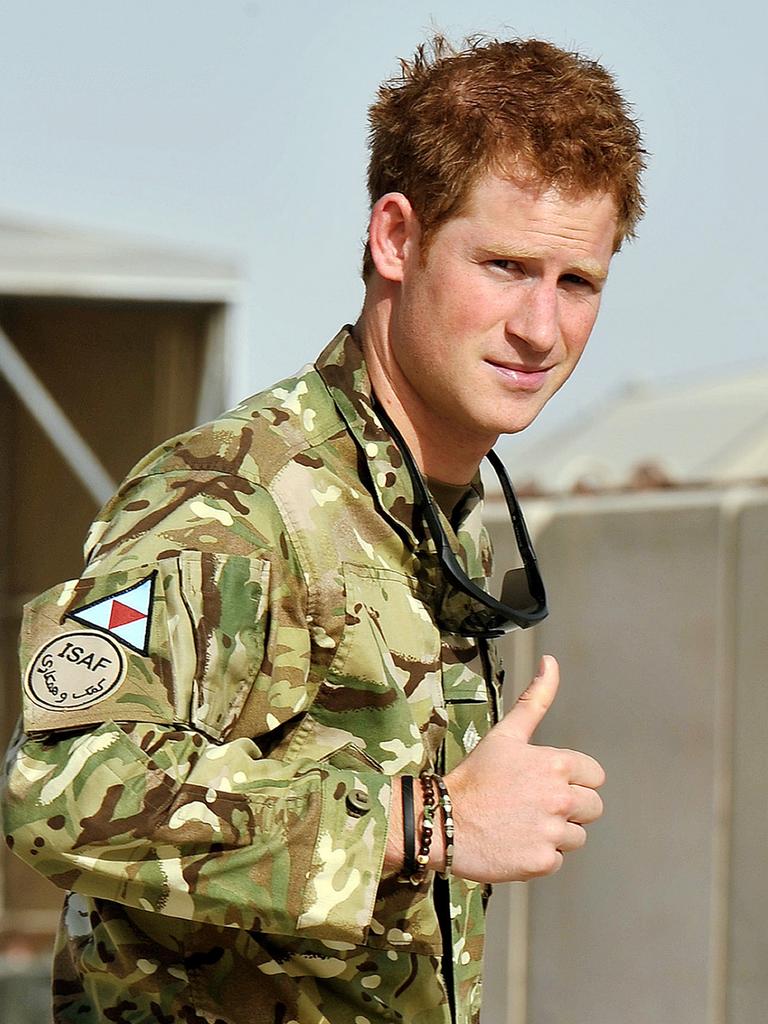
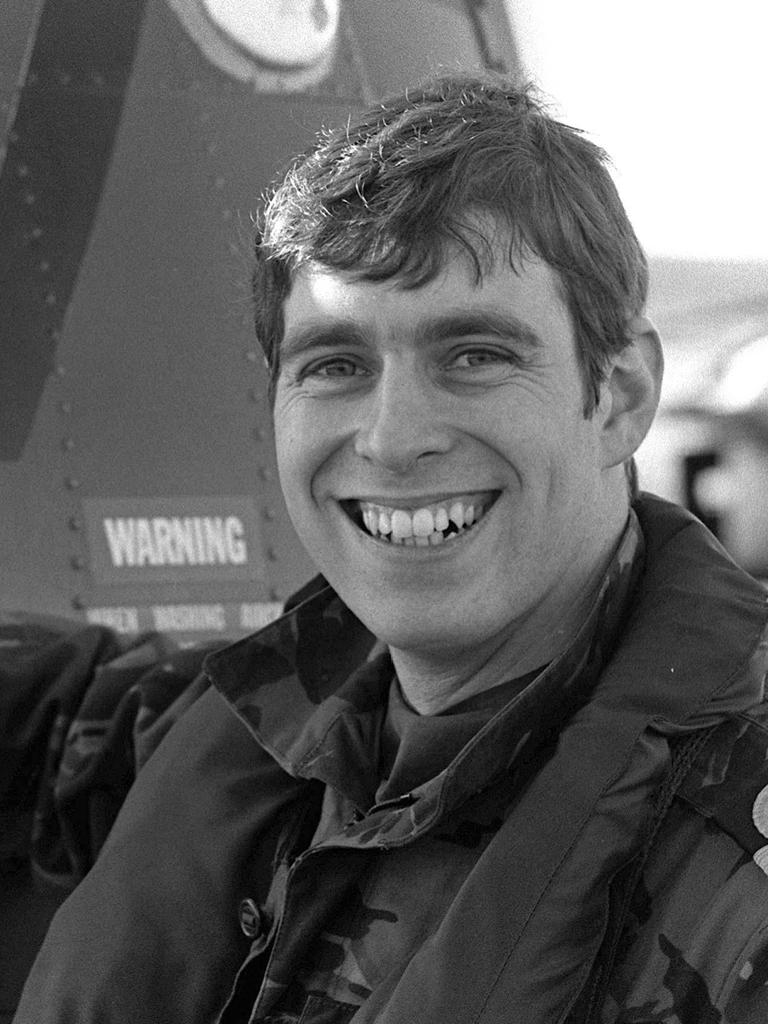
Similar to the case of William and Harry, while Andrew served, heir to the throne Charles was forbidden from going to war.
But in contrast to the relationship between the queen and her younger sister Margaret, Charles had little sympathy for his younger brother Andrew, according to the documentary.
In the film, Lord Patten said: “The queen always thought that her sister was in a difficult position because she was the number two.
“Charles is very different, and I think when you compare them you become more aware of Charles’s sense of decency and of the importance of combining a degree of majesty with an important measure of humility as well.”
‘Behind the scenes was a different matter’
But humility was in short supply, according to royal staff who witnessed Andrew’s work as an unofficial ambassador for Britain on trade missions.
Simon Wilson, deputy head of mission in Bahrain from 2001 to 2005, said: “We had a whole raft of things that came out in advance of his visit, his dislikes, in terms of eating and stuff, would only drink water, had to be at room temperature, no ice.
“He always brought a large entourage with him, a private secretary, an equerry, a valet, a lady clerk and a business adviser.
“We were shocked when a 6ft [183cm] ironing board was trying to be negotiated into one of the embassy cars. I just could not believe that he was bringing an ironing board with him.
“I asked the valet and said, ‘This is insane.’ The valet’s reply was, ‘No one knows how to iron His Royal Highness’s trousers like me.’”
And while Andrew enjoyed the luxuries of his role, and meeting royalty from other countries, he did not always do the work required, according to Mr Wilson.
He said: “There was a big difference between the way he behaved when it was meeting the senior members of the foreign royal families as opposed to basic embassy events.
“We had a speech prepared, the ambassador gave the opening remarks and then said, ‘Your Royal Highness, you say a few words,’ and Andrew refused to get up.
“Then he did get up and he’d tap the ambassador on the head two or three times and said, ‘This is the man who’ll tell you all about trade,’ and sat down.
“The whole room went totally silent.
“I thought initially when he went off-message at meetings that it was an aberration until I found that the same thing had happened at every mission – Oman, Kuwait, United Arab Emirates, Doha, Qatar.
“The same behaviour. Obviously throughout his life, he’s done his own thing and was quite happy to continue in that vein and he knew that there would be no repercussions.
“There’s no recourse as a member of the royal family so, no, no diplomat will write a critical letter.
“After every single visit a telegram would go back to the Foreign Office saying, ‘Everything has been wonderful, we’re all so grateful to His Royal Highness for another wonderful successful visit.’
“Behind the scenes was a different matter.”
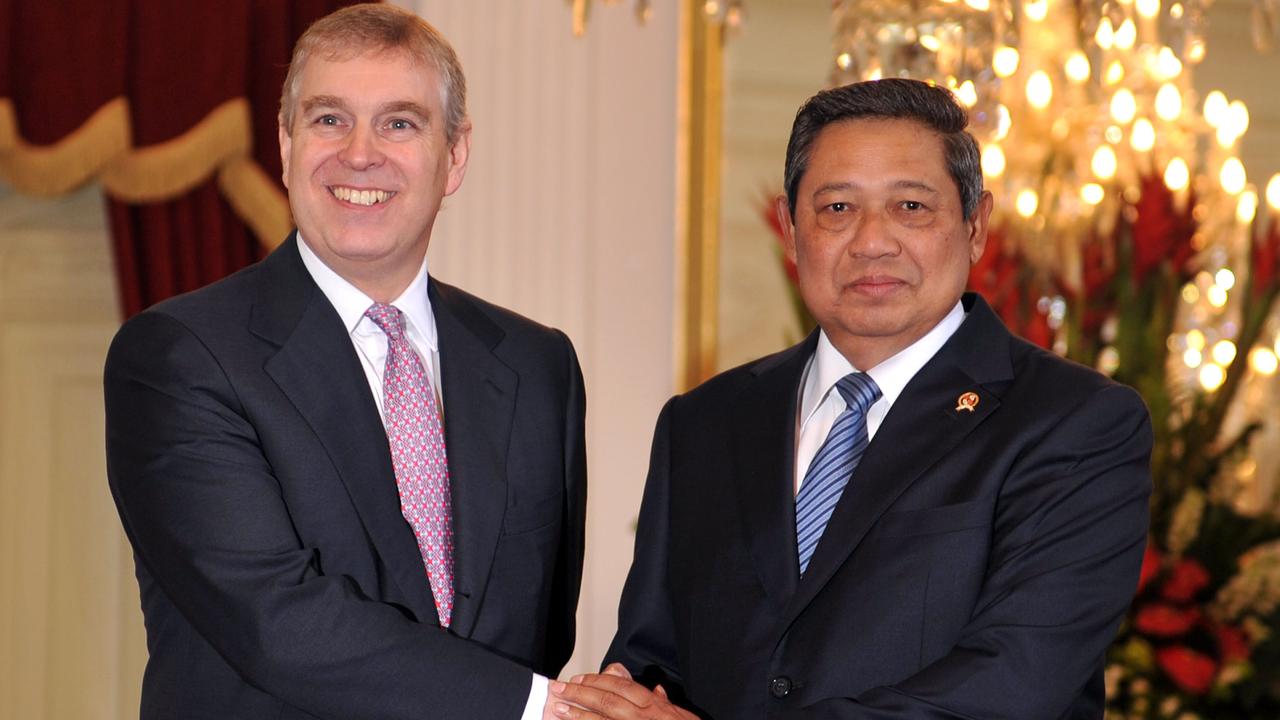
Camilla meets Archbishop of Canterbury
The documentary also looks at the private life of King Charles, who in the early 2000s was desperate for the public to embrace his future wife, Camilla.
Key to this was winning over the then-Archbishop of Canterbury, George Carey, who met Camilla in a surprising location.
Lord Carey said: “I wanted somewhere secret that wasn’t in my office and therefore aroused the interest of other people, so I said, ‘Well, I have a son in Peckham, this is his address, can we meet?’ Camilla walked through the front door, we met and had coffee together and I was really struck by her.
“Very nice looking lady. Very presentable, very intelligent.
“We had a really animated conversation and talked about her relationship with Charles, going way back to when they were teenagers and so on.
“After she had left, I said, ‘Well, there’s no way I could ever treat her as other than a really nice human being who’s deeply in love with Charles.’
“And that affected me in talking to other people behind the scenes and I hoped it had a way forward. I think it did.”
The series mentions other areas of the royal family’s history, such as the Welsh nationalists’ bombing campaign in the 1960s and threats to Charles’s investiture as Prince of Wales in Caernarfon Castle in 1969.
It also investigates the attempted kidnap of Princess Anne, then 23, by lone-wolf attacker Ian Ball who halted her car then shot and wounded four men in London in 1974.
Andrew’s ‘reality is different’
The series also touches on the downfall of Prince Andrew over his friendship with convicted sex offender Jeffrey Epstein.
It suggests the royal’s overconfidence led him to agree to the notorious Newsnight interview with Emily Maitlis – which backfired spectacularly.
Lord Patten said: “He thought he was capable of getting away with some answer which inevitably turns around and hits him over the head.
“It says he’s not plugged into the same reality as the rest of us.”
This article originally appeared in The Sun and was reproduced with permission





